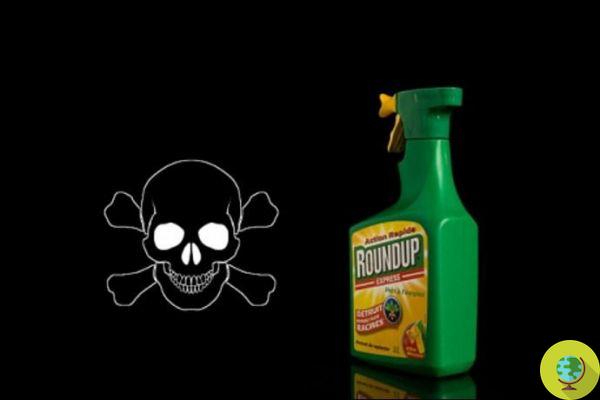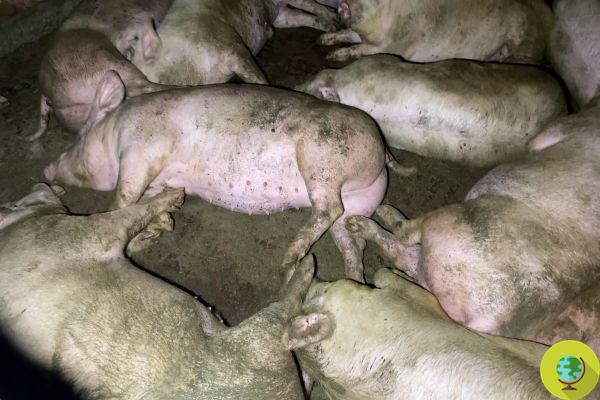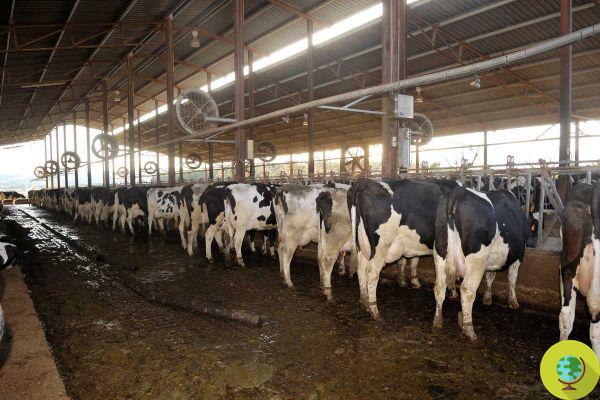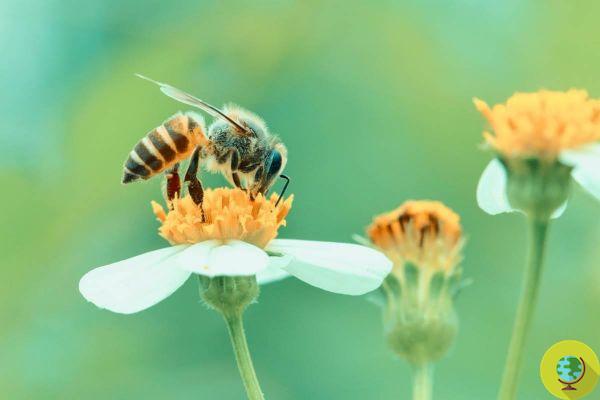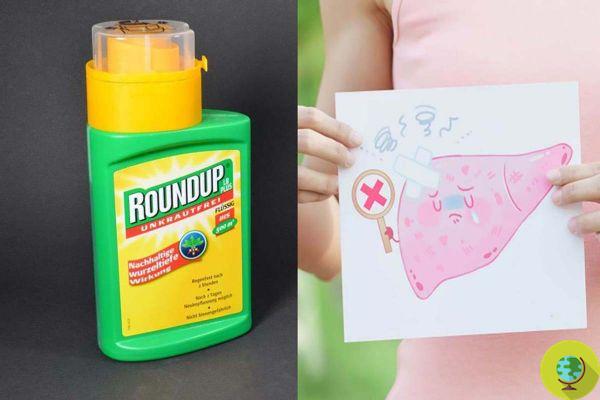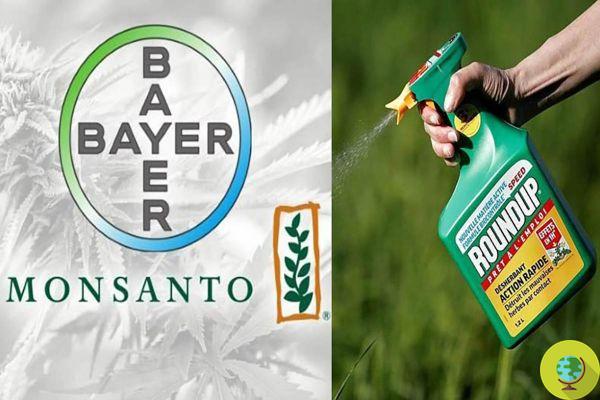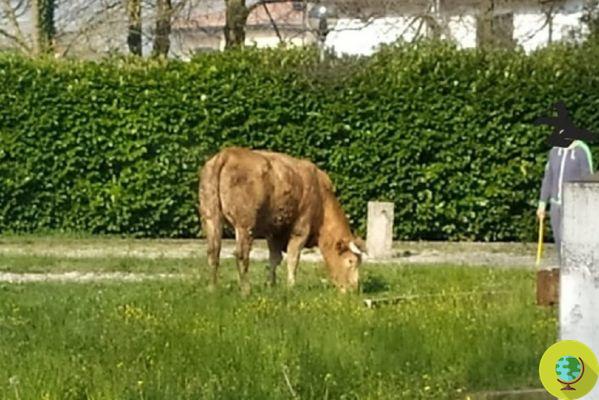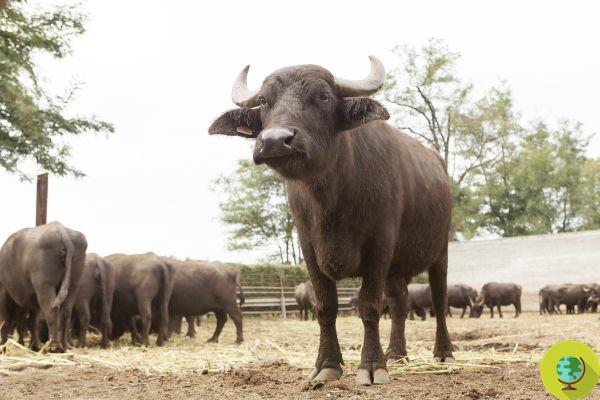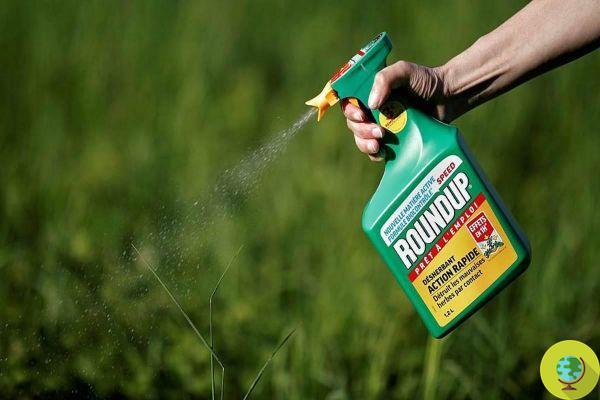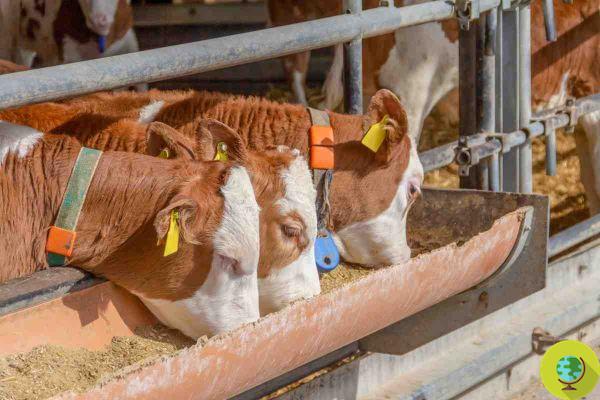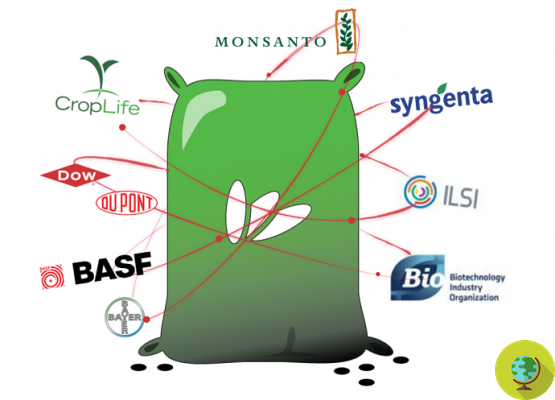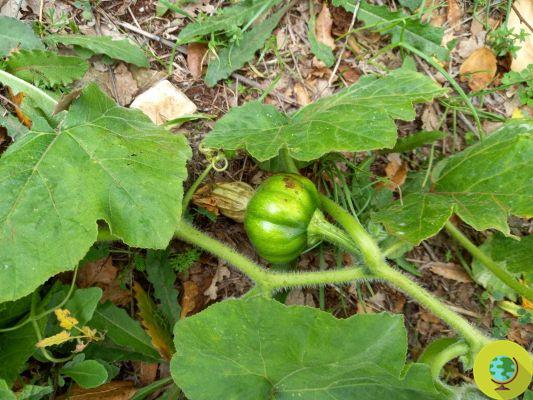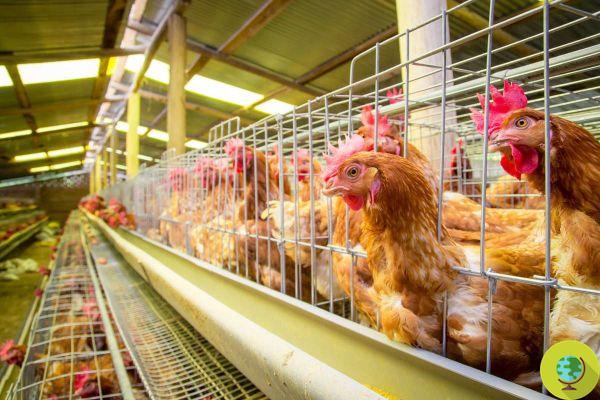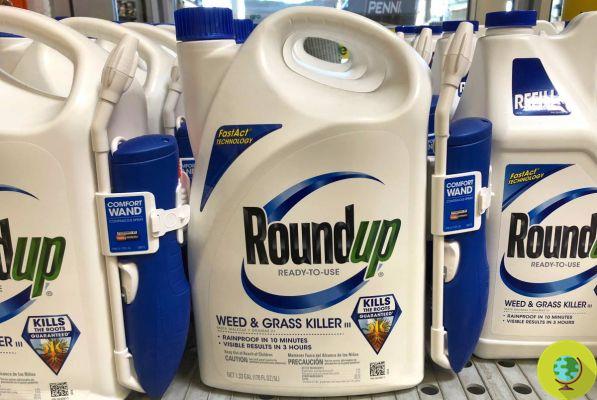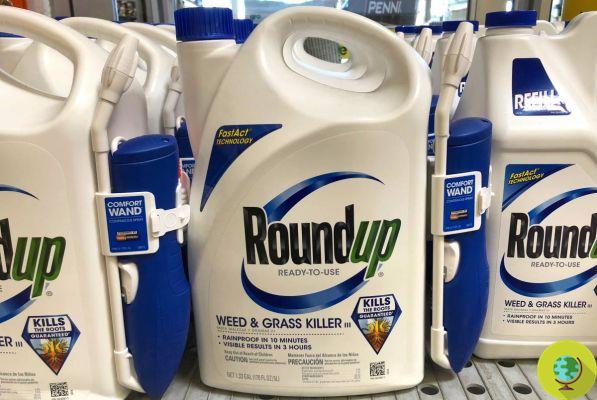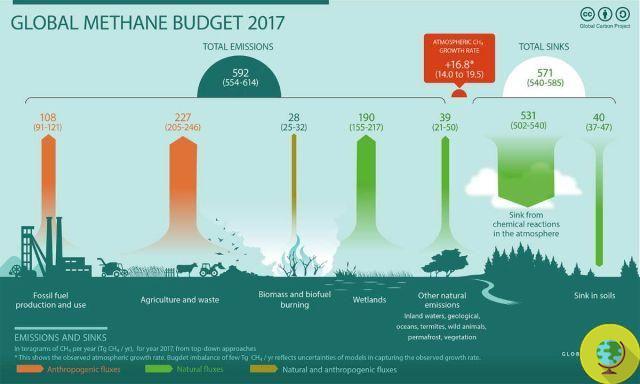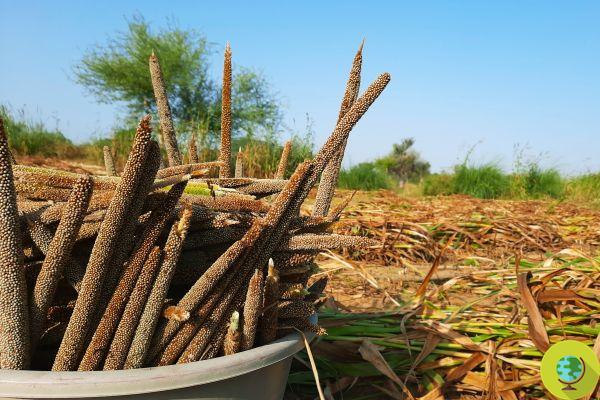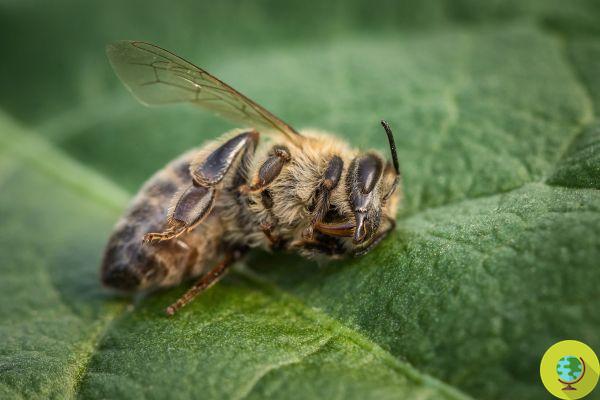The European Parliament has approved the farm to fork strategy which aims to make food systems more equitable, healthy and respectful of the environment
He is about to end up run over, his mother saves himThe Farm to Fork strategy, which is at the heart of the European Green Deal, aims to make food systems more equitable, healthier and more environmentally friendly. Now the European Parliament has approved the text with a large majority and we will therefore work on important objectives such as the reduction of pesticides and meat consumption, the increase of organic agricultural land and greater caution with respect to new GMOs.
The Farm to Fork strategy aims to accelerate the transition to a sustainable food system which, as is well explained on the European Commission's website, should:
- have a neutral or positive environmental impact
- help mitigate climate change and adapt to its impacts
- reverse the loss of biodiversity
- ensure food security, nutrition and public health by making sure everyone has access to sufficient, safe, nutritious and sustainable food
- preserve the accessibility of food, while generating fairer economic returns, promoting the competitiveness of the EU supply sector and promoting fair trade

@European Commission
Now it is possible to work concretely on these important objectives by presenting bills. The Farm to Work strategy was in fact approved by the European Parliament with 452 votes in favor, 170 against and 76 abstentions, and despite pressure from industry lobbies such as Copa-Cogeca, the European agri-food association. This has even accused the EU Commission of not having taken into consideration some studies that would highlight the negative impact of the strategy. An obvious attempt to discredit it, however, which failed.
But what are the changes that frighten the lobbies so much? First of all, the strategy foresees the halving the use of pesticides and a drastic reduction in fertilizers too. As for organic farming, however, the proposal is to arrive at at least 25% of agricultural land in the EU cultivated organically.
There are, however, other important points: such as the implementation of measures aimed at reduce meat consumption but also of foods rich in salt, sugars and fats, the gradual elimination of caged farms and more generally the creation of common and scientifically valid indicators relating to animal welfare.
For the rapporteur of the Commission on the Environment, Public Health and Food Safety (ENVI), Anja Hazekamp, the vote represented a real paradigm shift:
Parliament recognized that intensive livestock farming increases the risk of zoonoses (ed. Infectious diseases that originate in animals and infect humans). This is a historic moment because until now criticism of intensive farming was taboo in Brussels.
The strategy also calls for greater caution on opening up to new GMOs. On this last point, we know that Europe seems to be willing to deregulate the new GMOs, but Parliament refers to the precautionary principle. Read also: New GMOs: the EU wants to deregulate them despite the risks highlighted by environmentalists, farmers and consumers
However, the text does not take a position on the Nutriscore, the labeling system already in force in France, much criticized and opposed in our country. Read also: Food labels: Nutri-score traffic light kicks off in France. How does it work and what are the risks for Made in Italy?
As stated Paolo De Castro S&D coordinator of the Agriculture commission:
We are not satisfied on the nutrition labeling front. Despite having opposed many attacks on our excellence, obtaining that any nutritional labeling systems do not influence consumers through color systems and are based on different portions for the various products and not on a single reference for all product categories, as they would like instead. the large multinational food companies in favor of the NutriScore, the mandatory nature required in the text does not go in the direction we wish.
But, beyond the Nutriscore, there is some satisfaction with what is approved:
A final text that requests not only the extension to all agri-food products of a mandatory origin labeling system at European level, but also to guarantee the traceability of the food that arrives on our tables. Traceability which is a necessary condition to achieve true reciprocity of standards for all products imported into the Union, and to avoid the risk that the Farm to Fork Strategy reduces our production potential, opening the door to imports that would not contribute at all to the objectives that arises.
#Strasbourg? #FARMTOFORK focuses on #producers x #SistemiAlimentari always + #sustainable where #innovation #social #economic dimension are elements that cannot be ignored #NoNutriscore #PressRelease
Details in the Press Release? Https: //t.co/AHdPOjzG5H pic.twitter.com/wh297O1gfg
– Paolo De Castro (@paolodecastro) October 20, 2021
On the farmers front, the strategy is committed to ensuring that everyone gets a fair share of the profits and this will also be possible by adjusting the competition rules to the benefit of farmers.
Follow us on Telegram | Instagram | Facebook | TikTok | Youtube
Sources: European Commission / Paolo De Castro Twitter
Read also:
- The new agricultural policy of the European Union will aggravate the environmental crisis for many years, the complaint of environmentalists
- The new CAP "is a disaster": it continues to finance agriculture and intensive farming (#WithdrawTheCAP)
- Efsa and Echa open consultations on glyphosate. The long process that could lead to a renewal of the authorization in Europe begins
- The study that shows how EU agriculture is in the hands of lobbies (in spite of the environment and health)




